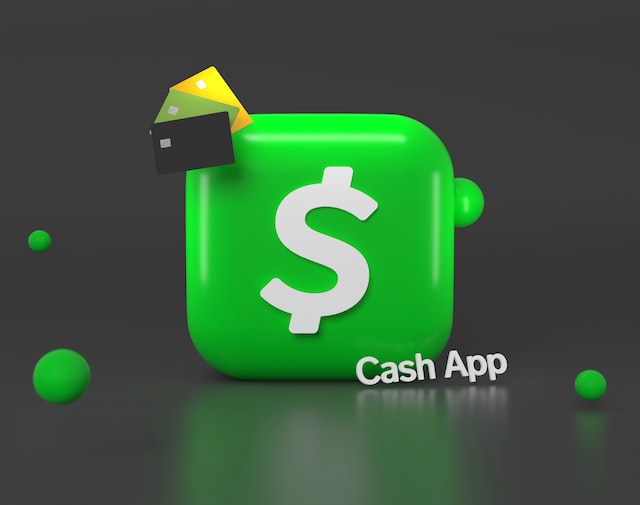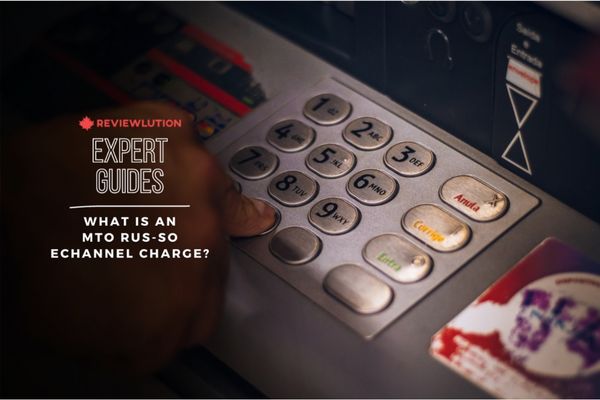Is Cryptocurrency Legal in Canada? All You Need to Know in 2024
Since Bitcoin’s conception in 2009, digital currency has been a topic of heated debate among financial experts worldwide. Governments and banks have been hesitant to accept it as a legitimate currency, and there are still pressing questions about its legality.
But what does the Great White North have to say about the issue? Is cryptocurrency legal in Canada, or will you be looking at a fine?
Let’s talk crypto regulations!
Is Cryptocurrency Legal in Canada?
Fortunately for traders and enthusiasts, the short answer is: yes, cryptocurrency is legal in every Canadian province!
The Canadian government has been relatively open-minded when it comes to digital currency and its potential implications on the economy. Canadians can buy, sell, and trade Bitcoin, Ethereum, Dogecoin, Shiba Inu, and other decentralized digital assets with a larger or smaller value.
Plus, Canada launched North America’s first Bitcoin ETF, Purpose, in February of 2021, which met with great success. Subsequently, it has garnered more than $812 million in assets under management (AUM) so far.
However, just because crypto is legal, it doesn’t make it legal tender. Currently, a legal tender in Canada is every coin issued by the Royal Canadian Mint or every bank note issued by the Bank of Canada.
Canada Crypto Regulation and Tax Laws
Ultimately, you can rest assured knowing there’s no crypto ban in Canada because digital currency is regulated under the Canadian Securities Law due to its speculative potential. Namely, this law considers crypto as an investment that can yield future profits and is determined through the Pacific Coin test, similar to the Howey Test in the U.S.
Regulating cryptocurrency is a focal point of a specialized organization called the Canadian Securities Administrators (CSA). Their regulators permit companies to operate in the crypto framework in different provinces.
Moreover, the organization has outlined guidelines and clarifications on existing laws concerning crypto, which helps developers determine whether an asset constitutes a security.
The Investment Industry Regulatory Organization of Canada (IIROC) is a self-regulating industry body that lays down and enforces codes of conduct for the country’s network of investment dealers. Regarding crypto, the IIROC shapes policies and oversees assets to ensure the legislation is respected, and the investors are protected.
Recently, the IIROC and the CSA jointly issued a staff notice notifying crypto exchange platforms of the need to enter a “crypto contract” and register as Virtual Currency Trading Platforms (VCTPS). Consequently, the Ontario Securities Commission (OSC) registered six exchanges in 2021: Wealthsimple, Coinberry, Netcoins, Coinsmart, Bitbuy, and Fidelity.
So is crypto taxable in Canada?
The Canada Revenue Agency (CRA) treats cryptocurrency as a commodity. Therefore, all income gained from crypto transactions constitutes business income or capital gain (or business and capital loss). Similarly, you must include GST/HST on the fair market value of the goods or services you’ve bought.
However, to solidify your position, inspectors will determine whether you run your crypto trading operation like a business, which will specify what you should include in your taxes. If you’re unsure of how to report crypto on your tax return, check out this guide by the Canadian government.
Is Bitcoin Legal in Canada?
As the most valuable cryptocurrency by market capitalization, Bitcoin is at the forefront of thousands of minds. So, it’s no surprise that news about Bitcoin’s affirmed legality is music to your ears. Unlike many countries that have put forth roadblocks or have completely outlawed cryptocurrencies, Canada’s government views it as a legitimate investment asset.
Essentially, Bitcoin is not illegal, so traders and investors have free reign of use, provided they abide by tax laws and crypto regulations in Canada. And since Bitcoin is permitted, you can purchase, sell, transfer, and use your digital assets as alternative payment technology.
Is Bitcoin Mining Legal in Canada?
With Bitcoin’s legality, mining Bitcoin in Canada is also perfectly fine. And since there are no laws or guidelines on mining, you won’t have to think twice about your endeavour, as long as you follow tax and electricity regulations.
Due to relatively low utilities and energy costs, Canada might even be one of the best countries for mining crypto. Generally, the only substantial costs you would incur are from buying an exceptionally powerful computer.
Tips for Using Cryptocurrency in Canada
When planning on using cryptocurrency in Canada, you should keep a few things in mind to avoid running into fraudsters or losing money. Here’s a brief overview of what you should do:
- Protect your digital wallet by storing it in a safe place, encrypting it with software, making online backups of your transactions, and setting a strong password.
- Know the merchant’s policies before you try to pay for something with cryptocurrency, such as their exchange rate, whether refunds are available and how they will be processed, and how to contact someone in case of a problem.
- Wait for multiple transaction confirmations because they can take more than 10 minutes to complete, during which your transaction can be reversed, and you would be defrauded.
- Look into the actual costs and whether or not there are any mark-ups or additional fees before completing the exchange.
Although these tips are not exhaustive, following them will help you have a better experience using cryptocurrency in Canada and ensure you’re protected all around.
Risks of Using Cryptocurrency
Investing and using crypto can be an excellent experience for many individuals. Nevertheless, it’s essential to remember that this technology always comes with an added risk. You’ll need to be wary of:
- Fewer protections than traditional payment methods, so if you lose your funds, providers don’t have to help you get them back.
- Uninsured deposits, which means it’s entirely your responsibility to protect your wallet, as federal or provincial deposit insurance plans don’t cover cryptocurrency.
- A high-risk investment can be risky due to constant volatility and an inability to predict upcoming changes.
- Exposure to fraud, hacking, and theft, since all transactions are recorded on the blockchain publicly.
- Irreversible transactions could cause you to lose your money even if you didn’t receive the product since you might be unable to stop the payment.
If you heed these warnings, you’re on the right track to becoming a responsible crypto trader. At the end of the day, you can never be too careful.
Finishing Thoughts
To wrap it all up – cryptocurrency is legal in Canada and can be used to buy, sell, and pay for goods and services, provided the other side accepts. However, due to the risks involved, the Canadian government has established rules and regulations to protect investors and their money.
Ultimately, if you’re planning on using cryptocurrency, make sure to do your research first and always take the necessary precautions to protect your digital wallet.
Happy trading!
FAQ
Unfortunately, most banks in Canada don’t accept cryptocurrency and don’t offer trading on their platform, especially not with credit cards. However, Canadians can use debit cards, Interac e-Transfers, or wire transfers for their crypto in all the big banks, like RBC, TD, BMO, Scotiabank, CIBC, National Bank, HSBC, and Tangerine.
Since the CRA views cryptocurrency as a commodity, it’s subject to Income Tax or Capital Gains Tax. To discover what your crypto trading constitutes, be sure to speak to a professional.











